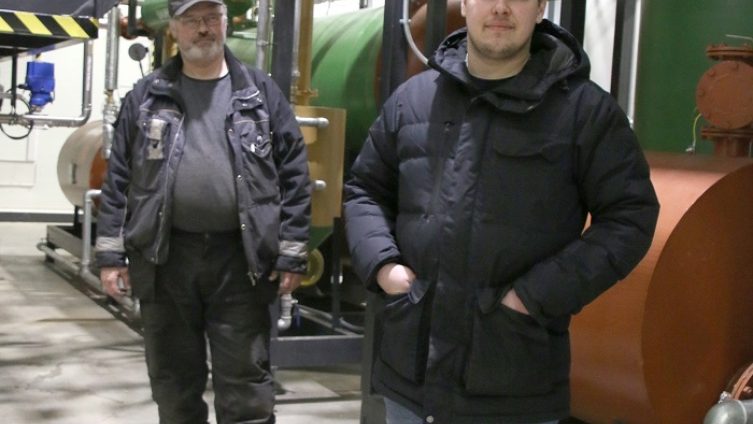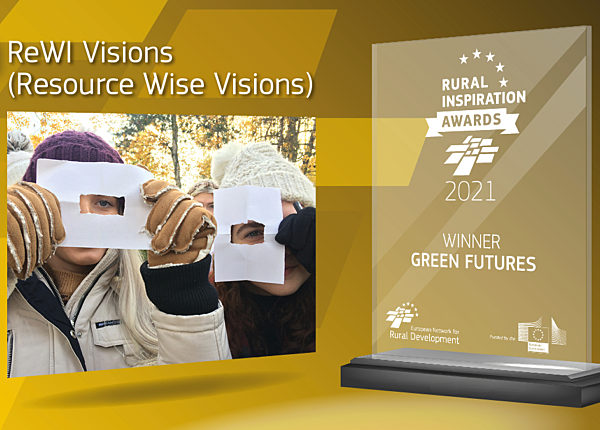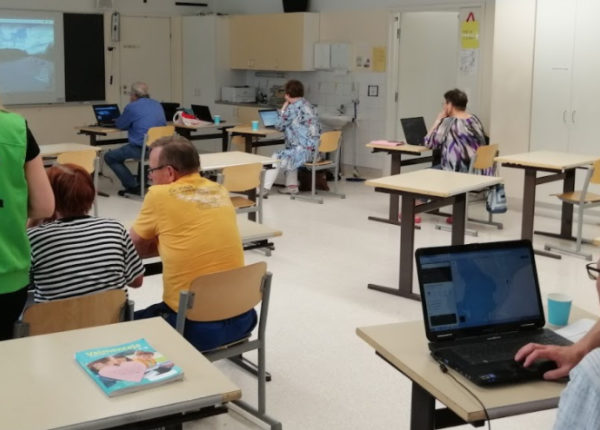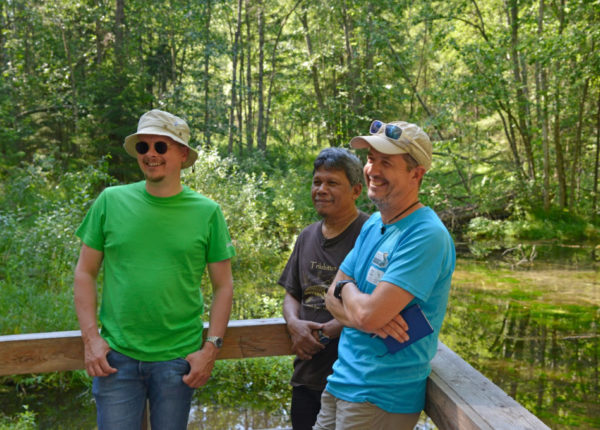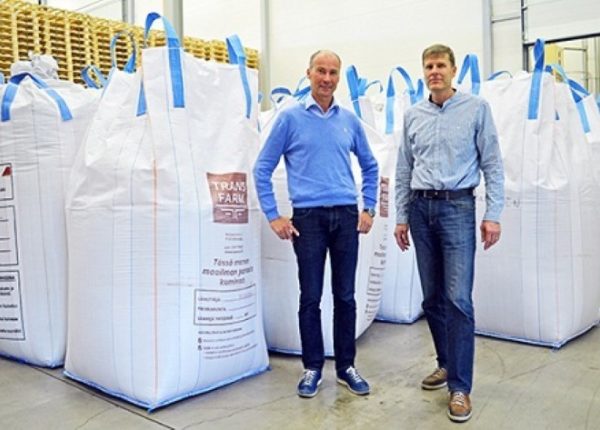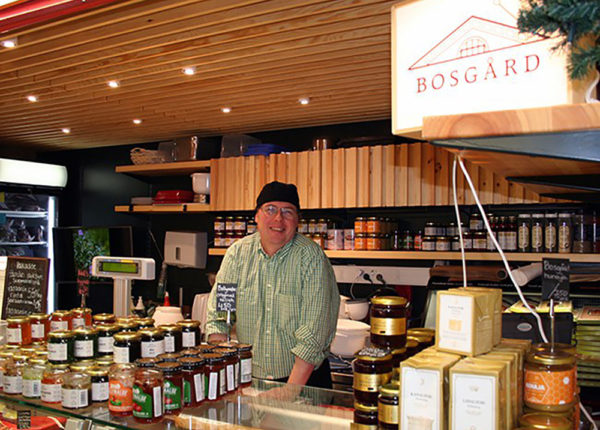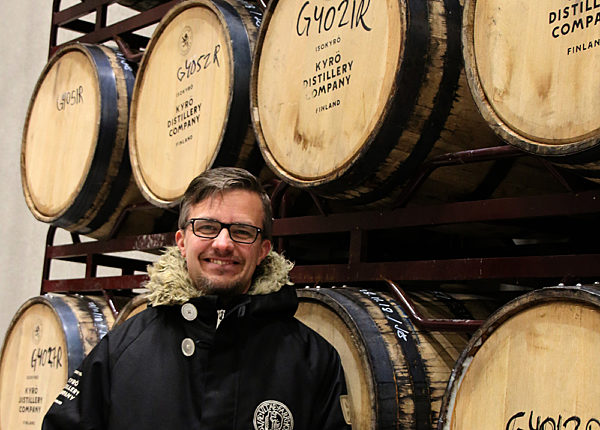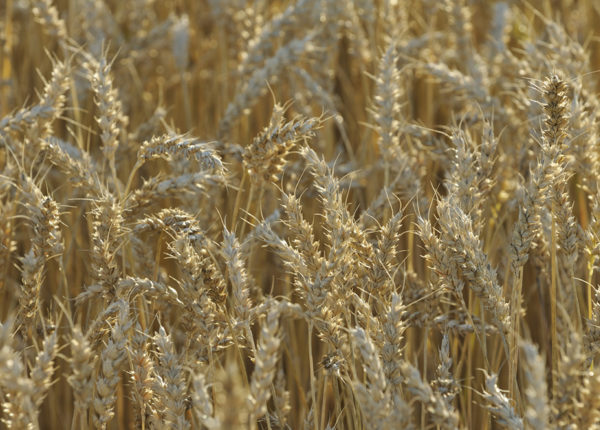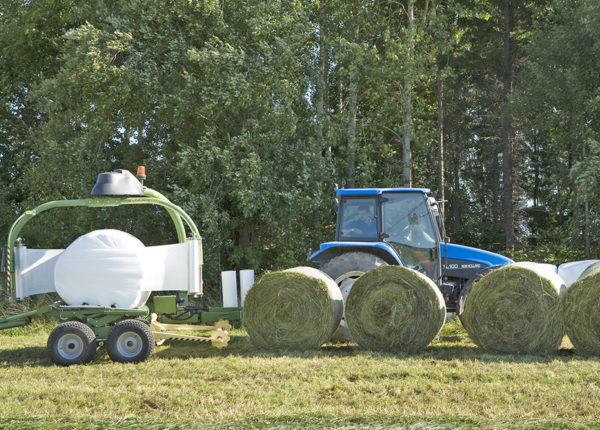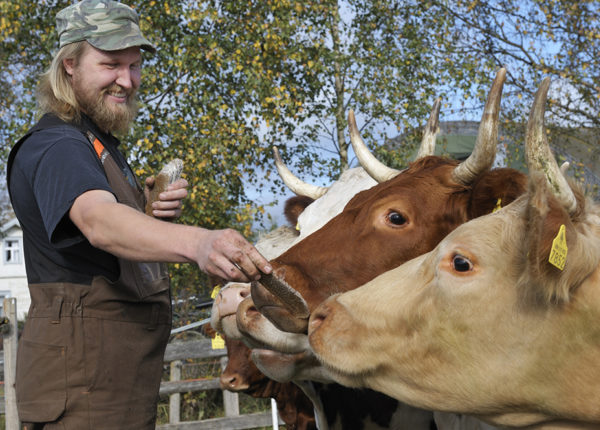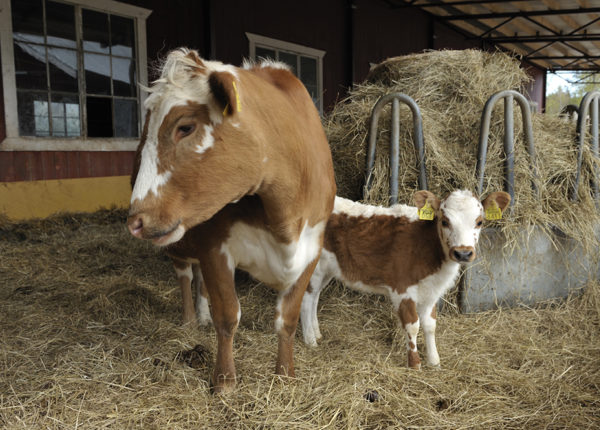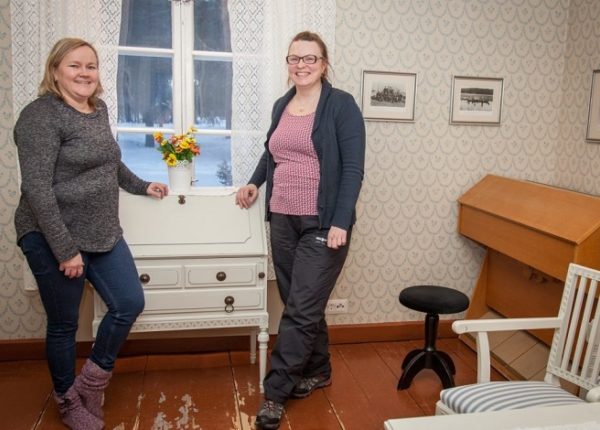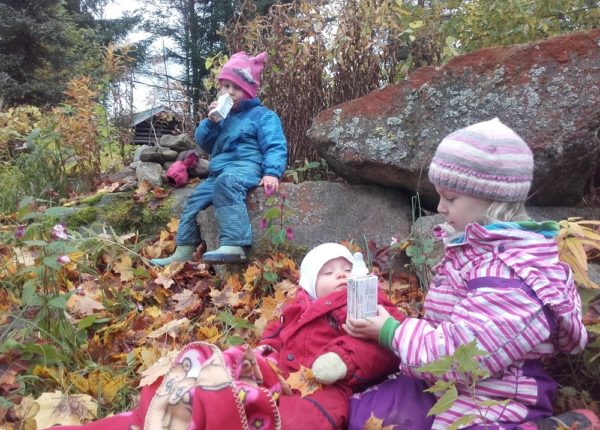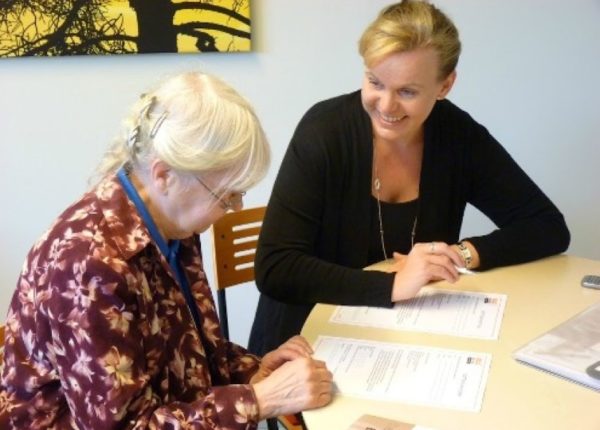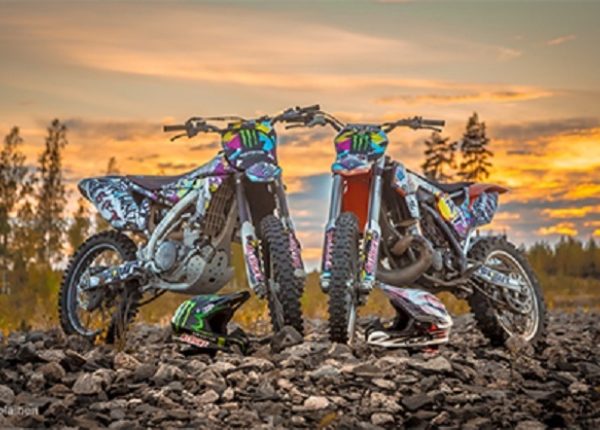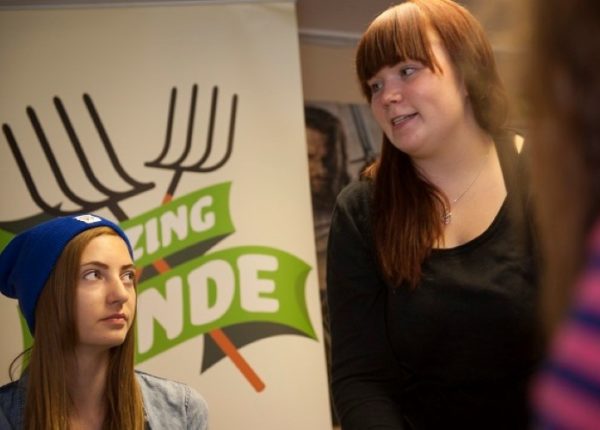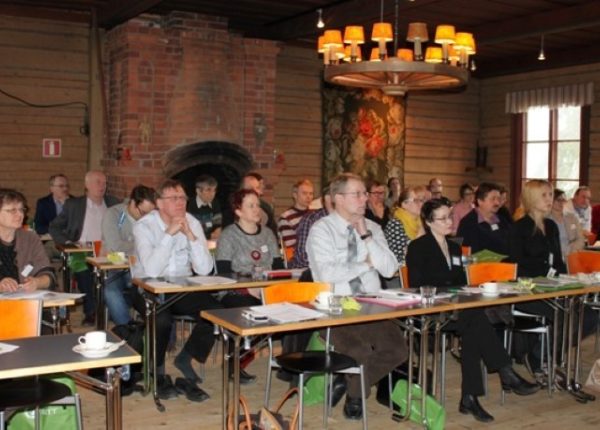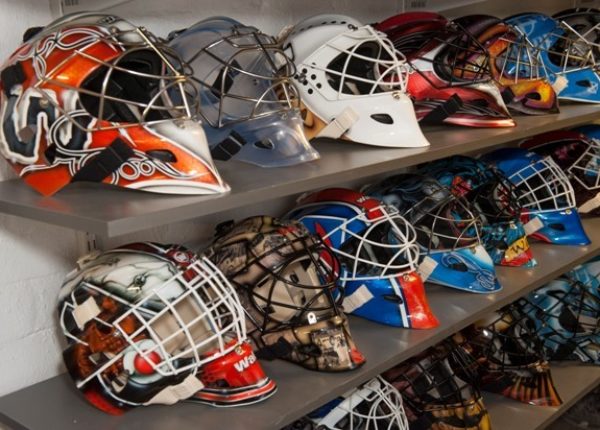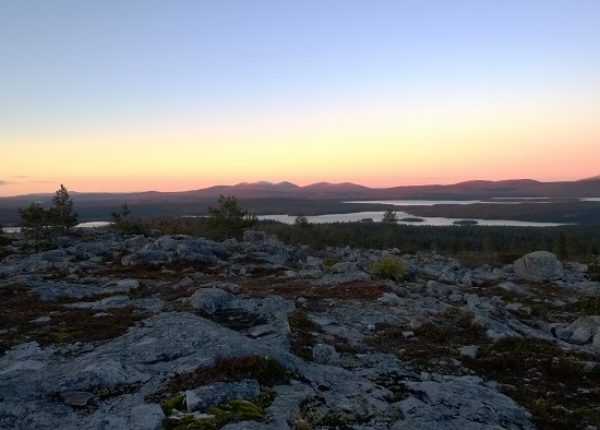Pohjanmaan Hyötyjätekuljetus is a waste management enterprise that uses pyrolysis to process plastic waste into oil, using evaporation and distillation at high temperatures.
“The world’s oil fields were born of forests, animals and other organic materials buried in the soil, without oxygen, subjected to high pressure and temperature, over a period of 200 to 500 million years. We do the same, but in 3 minutes,” says Mikko Lammi, managing director of Hyötyjätekuljetus.
Regional benefits
The company’s newly built plant in Isokylä in the municipality of Laihia is intended to convert recycled and recovered plastic back into oil. They already have advance orders for their product, though they are still waiting for permission to start production.
“Plastic recycling has been sporadic so far: plastic is burned for heat or shipped to Asia for converting into raw materials with much less regulation than here in Finland. In our case, instead of getting rid of our raw materials, we can produce oil here and benefit the region.
Lammi and his father Tapio have developed a plant that can produce oil usable in new petrochemical products. Usually, plastic products are granulated to produce a recycled plastic raw material of poorer quality that cannot be used for instance in hospitals or for food packaging.
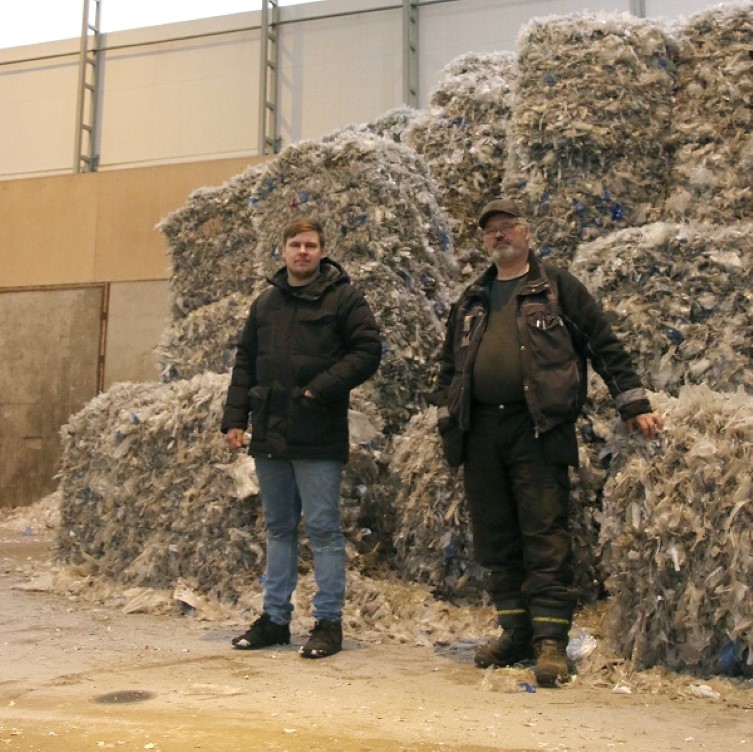
Mikko and Tapio Lammi aim to convert waste such as plastic into raw material that can be used locally.
“The oil produced by pyrolysis can be used just like oil that comes out of the ground. It can be used to make paint, wax, winter coats, children’s sleds or fuel,” Mikko says.
Mikko’s sister Susanna and his mother Pirkko are also shareholders in Pohjanmaan Hyötyjätekuljetus. This family firm has been developing new ideas and tools since the early 1980s, and pyrolysis is only a small part of the company’s operations.
“In the early 1980s, we took loads to the landfill for burying in the ground, and it bothered me greatly. I began wondering whether there might be a more sensible way for dealing with waste. So we began to design and make waste processing equipment,” says Tapio, recounting the history of the enterprise.
Support and jobs
Today, the company has applied for support from the Ostrobothnia Centre for Economic Development, Transport and the Environment for a separator that sorts plastic according to their chemical composition and extracts various unwanted substances.
“You can’t sort everything yourself. At some point you have to adopt mechanical and chemical sorting. Different kinds of plastic have different chemical properties, and we can now sort them with our new separator. This should eliminate surprises with regard to raw material quality.”
There are plans to establish a new company named Fenergy, and start-up support is being sought from the local Leader group, YHYRES. The company will design and manufacture waste processing equipment in Ostrobothnia for export particularly outside the EEA. If the venture is successful, it will create hundreds of new jobs in Ostrobothnia.
“It all helps the circular economy, which is not just something that we should do but something that we absolutely have to do if we mean to maintain our present standard of welfare with this population. We have to recycle our raw materials,” says Mikko, giving the raison d’être of the new company in a nutshell.
The support of the Rural Development Programme is very important for the company; it facilitates operations in a situation where banks have declined to provide funding.
“We’ve always had this vision, but we’ve had to gather the knowledge we need bit by bit. Some people read novels before going to bed, but I read scientific reports and dissertations and think about why the findings are different. All this requires a complete commitment to the work at hand,” says Mikko.
The ultimate goal of the company is that the volume of waste going to the landfill is next to none and that nearly all waste can be converted into raw materials, not just fuel for incinerators.
Text and photos:
Kirsi Tikkanen
Lyhde II communications project
